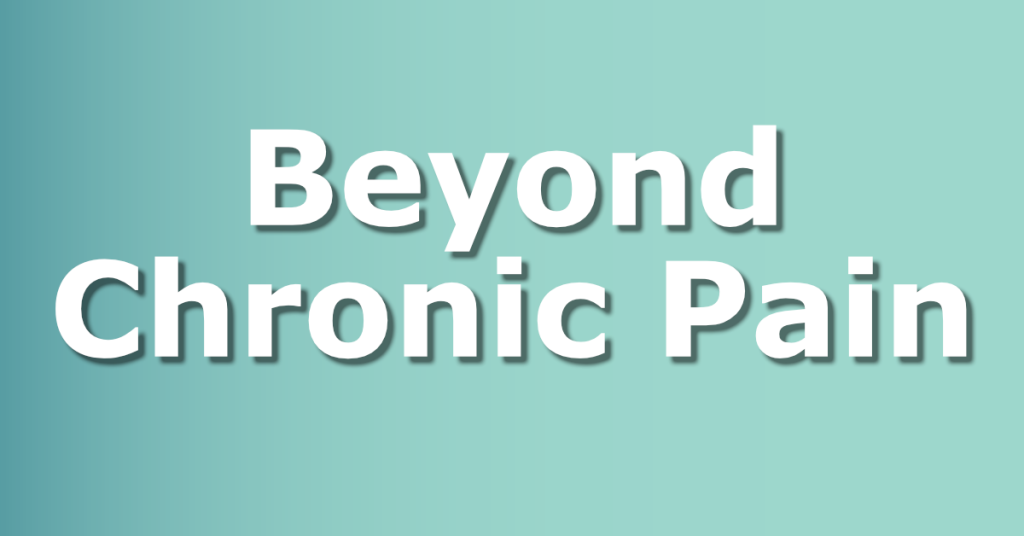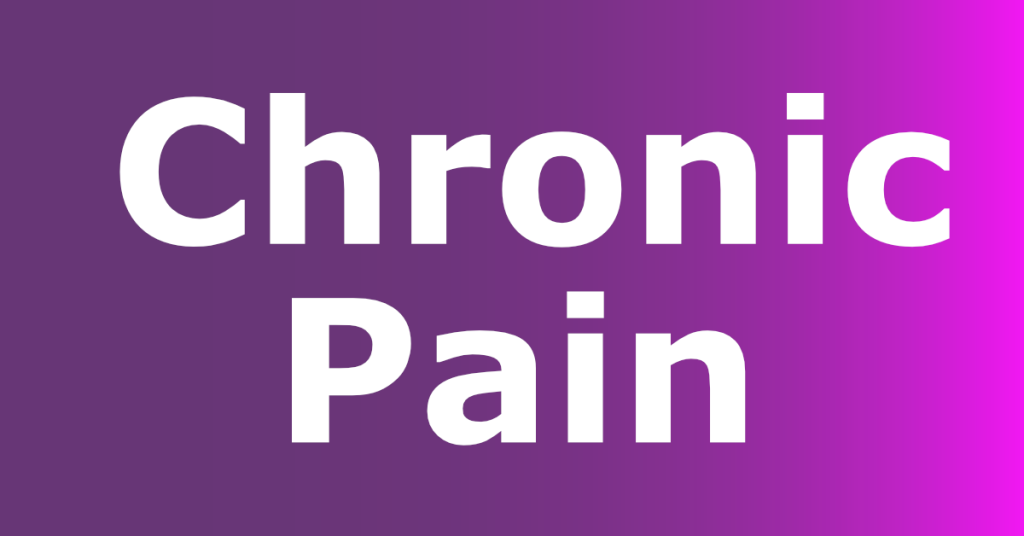In the vast realm of chronic pain management, a debate rages on.
While traditional medications have long been the go-to solution. Could there be an alternative lying in the depths of the subconscious brain?
Can hypnotherapy truly be a game-changer?
The Study’s Rationale
Why This Research Matters?
The opioid crisis has thrown into sharp relief the dangers of over-reliance on medications.
With millions seeking safer pain relief alternatives, the medical community is at a crossroads.
Enter hypnotherapy—a practice steeped in history, now being re-examined for its potential in treating a variety of conditions.
Delving Deep: Hypnotherapy vs. Medications
Methodology Unveiled
The study embraced a robust randomised controlled trial approach with a total of 120 participants, aged between 18 and 65 years, with an average pain duration of 6.4 years. They underwent two distinct interventions: hypnotherapy and traditional medications.
Measurable Outcomes
Using tools like the Visual Analog Scale (VAS), researchers gauged pain intensity, daily functioning, and medication usage.
These concrete metrics provided an empirical foundation for the study’s compelling findings.
A Comparative Look: What the Data Reveals
Surprising Revelations
Participants in the hypnotherapy group reported a drop in pain intensity from a mean score of 7.3 to 3.1. They showcased a 60% improvement in daily functioning scores.
On the flip side, the medication group began with a pain intensity score of 7.5, which only decreased to 5.7, with a mere 30% improvement in daily functioning.
Medications – Not Always the Answer
After treatment, 75% of hypnotherapy participants used fewer medications compared to only 25% in the medication group.
This further establishes the potential edge hypnotherapy holds over traditional medication routes.
Reflections and Implications for Practitioners
The Power of the Subconscious Brain
Hypnotherapy delves deep, tapping into the subconscious brain to foster healing and change.
With 85% of hypnotherapy participants expressing high satisfaction post-treatment. It poses the question: How can practitioners further unlock the subconscious brain’s vast potential?
Bridging the Gap: Integrating Findings in Practice
For the practicing hypnotherapist, these findings offer a trove of insights:
- Consider hypnotherapy as a primary intervention for chronic pain.
- Weigh the advantages and pitfalls of medication-only treatments.
- Engage in continuous education, ever open to pioneering techniques.
The Future Landscape of Hypnotherapy
 Beyond Chronic Pain
Beyond Chronic Pain
A noteworthy point is the lasting impact of hypnotherapy. At a 6-month follow-up, 70% of the hypnotherapy group maintained or even bettered their pain relief, showing the enduring benefits of the therapy. This study challenges us to think expansively. If hypnotherapy can make such strides in chronic pain, what of other conditions?
Your thoughts?
As a hypnotherapist, what insights can you share? Y
Conclusions: The study underscores hypnotherapy’s latent potential in modern medicine. As practitioners, the onus is on us to embrace innovation, foster an open mind, and champion alternative pathways to healing. The future of hypnotherapy is not just promising—it’s revolutionary.
References:
^1^ Yuko Komesu. (2020). Hypnotherapy or medications: a randomised controlled trial comparing the effectiveness of hypnosis and medications in the treatment of chronic pain. American Journal of Obstetrics and Gynaecology.
 Frequently Asked Questions (FAQs)
Frequently Asked Questions (FAQs)
1. What is the main aim of the research presented in the article?
Researchers compared hypnotherapy to traditional medicines to see which works better for chronic pain.
2. How many participants were involved in the study?
The study involved 120 participants aged between 18 and 65 years.
3. What were the primary outcomes measured in the study?
The study primarily measured pain intensity, daily functioning, and medication usage using tools like the Visual Analog Scale (VAS).
4. How did hypnotherapy fare compared to medications in pain management?
Hypnotherapy participants reported a significant reduction in pain intensity and improved daily functioning compared to those on traditional medications.
5. Are there any long-term benefits of hypnotherapy?
Yes, at a 6-month follow-up, 70% of the hypnotherapy group maintained or even improved their pain relief.
6. How was patient satisfaction with hypnotherapy?
A significant 85% of participants in the hypnotherapy group expressed high satisfaction with the treatment post-intervention.
7. Are medications not effective at all?
Medications are effective. The study found hypnotherapy to be more effective in pain management and daily functioning improvement. There are concerns about side effects and dependency on prolonged medication use.
8. What is the potential for hypnotherapy in treating other ailments?
While the study focused on chronic pain, the results hint at the broader potential of hypnotherapy in treating various other conditions. More research is needed in this area.
9. How can I share my experiences with hypnotherapy or medications?
We encourage you to share your experiences in the comment section.
 Glossary
Glossary
Chronic Pain:
A persistent pain that continues for longer than 12 weeks despite medication or treatment.
Hypnotherapy:
A type of complementary therapy that utilises deep relaxation (hypnosis) to treat a variety of chronic conditions, including pain.
Subconscious Brain (or Subconscious Mind):
The part of the brain responsible for unconscious actions and emotions, which can be influenced during hypnotherapy.
Opioid Crisis:
Refers to the surge in the misuse of and addiction to opioids, including prescription pain relievers, heroin, and synthetic opioids.
Randomised Controlled Trial:
A type of scientific experiment that aims to reduce bias when testing a new treatment. Participants are randomly assigned to either the group receiving the treatment under investigation or to a group receiving standard treatment (or placebo treatment).
Visual Analog Scale (VAS): A tool used to measure a characteristic or attitude that cannot be directly measured. For pain intensity, it often consists of a straight line with one end being “no pain” and the other end being “pain as bad as it could be.”
Daily Functioning: Refers to a person’s ability to carry out regular daily activities and tasks without significant pain or discomfort.
Empirical: Based on observation or experience rather than theory or pure logic.
Intervention: In the context of this study, it refers to the specific treatment (either hypnotherapy or medications) given to the participants.
Methodology: The system of methods and principles used in a particular discipline.

